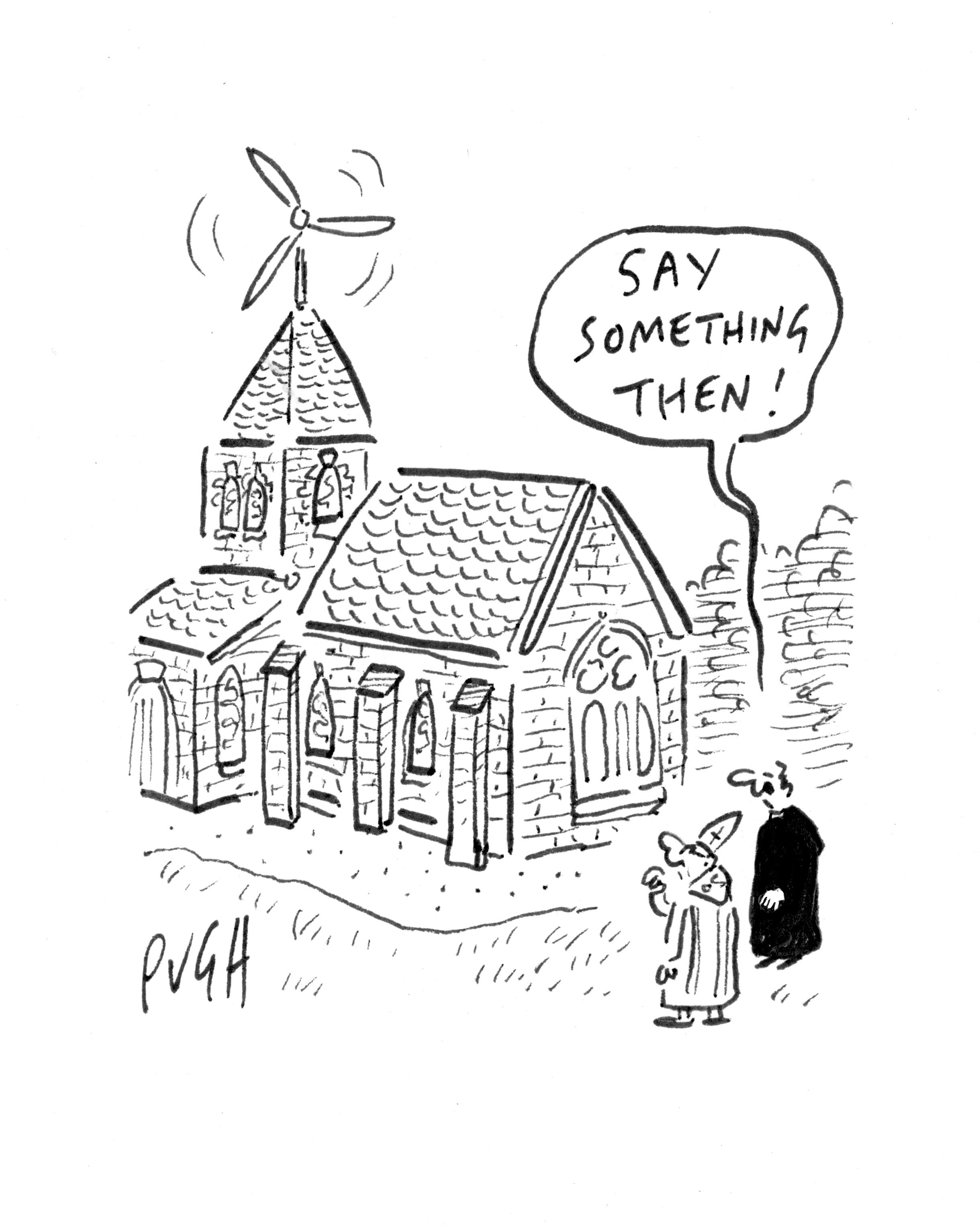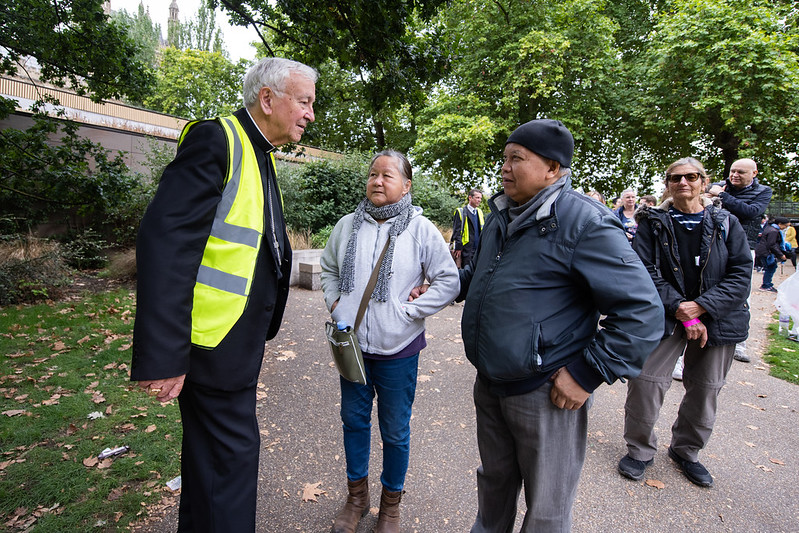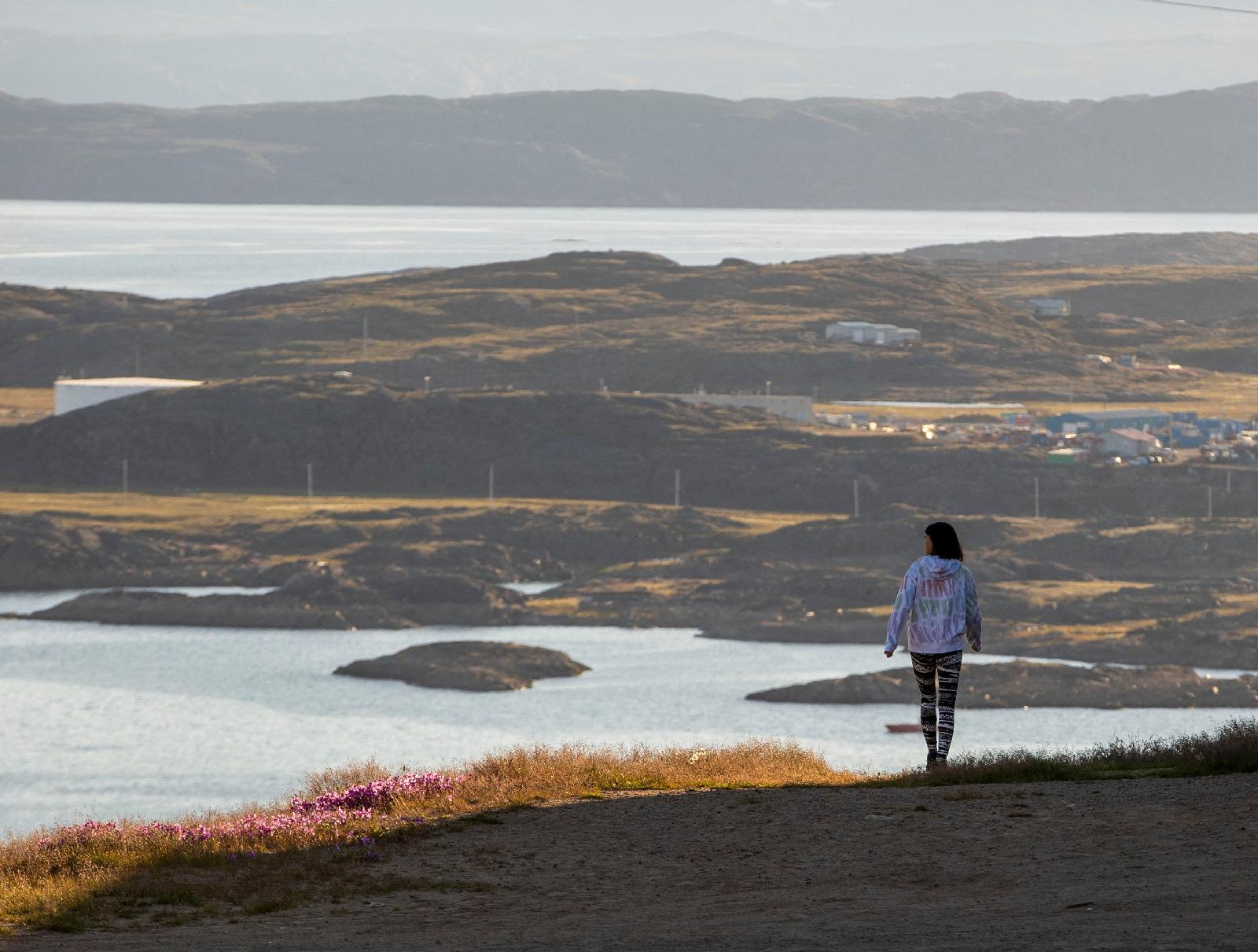Church-owned land contributes “significantly” to the climate crisis according to a new report from the ecumenical climate change charity Operation Noah.
Operation Noah’s new “Bright Now” report, Church Land and the Climate Crisis, finds that there is “considerable scope” for Churches, especially the Church of England, to reduce their emissions from landholdings if radical action is taken.
It comes as the Catholic Church marks the Season of Creation, which began 1 September and runs until 4 October, where many parishes and church leaders have undertaken practical action and advocacy on the climate crisis.
The report makes recommendations on ways to reduce and store carbon emissions, with a particular focus on one of the country’s largest landowners, the Church of England, which owns approximately 0.5 per cent of the UK’s land.
The report referring to the Pope’s 2015 encyclical Laudato Si’, noting that the Intergovernmental Panel on Climate Change has said that for the world to limit global heating to 1.5°C above pre-industrial levels and avoid the worst impacts of the climate crisis, global greenhouse gas emissions must be nearly halved by 2030.
This will involve a rapid reduction in fossil fuel emissions – the driving cause of global heating.
It says: “Throughout history, people of faith have recognised the splendour of the natural world and what it reveals to us about the one who created it. In the thirteenth century, St Francis of Assisi saw God reflected in nature and gave God thanks for the sun and moon, animals and birds, all of which he described as sisters and brothers.
“Pope Francis cites his namesake early in his 2015 encyclical Laudato Si’, a significant document on the environment which he addresses not only to Catholics but to every person on the planet.”
The report continues: “As we have seen, the climate crisis is threatening the integrity of creation, and urgent action is needed to sustain and renew the life of the earth. The Church must demonstrate leadership in supporting a fair and fast transition away from investment in and use of fossil fuels, reducing emissions in all sectors of Church life and promoting sustainable choices and low-consumption lifestyles consistent with reaching net zero as soon as possible.”
While the Church of England has adopted a 2030 Net Zero target, its landholdings are outside the scope of the target. The report finds that agricultural land owned by the CofE is likely to create more greenhouse gas emissions than all CofE church buildings combined. However, it adds: “There is also scope for considerable improvement if rapid and radical action is taken.”
The report recommends a programme of tree growing, peat restoration, and providing better support and strategies to those who farm Church-owned land in order to reduce agricultural emissions and store more carbon.
The 16-pagereport states: “Throughout history, people of faith have recognised the splendour of the natural world and what it reveals to us about the one who created it.” From St Francis of Assisi, who saw God reflected in nature, to the Church of England, which recognised care of creation as the Fifth Mark of Mission in 1990, the Church must “demonstrate leadership in supporting a fair and fast transition away from investment in and use of fossil fuels, reducing emissions in all sectors of Church life and promoting sustainable choices and low-consumption lifestyles”, concluding that land owned by the Church of England is currently contributing “significantly to the climate and biodiversity emergencies in terms of greenhouse gas emissions and limiting biodiversity within monoculture tree plantations and non-regenerative agriculture”.
 While the report is primarily focused on the Church of England it is also relevant to other denominations, as nature-based solutions are critical to reducing the amount of carbon in the atmosphere. Ecumenical parish programmes which include initiatives to encourage sustainable living, such as Eco Church, Eco-Congregation and Live Simply are affirmed. Practical nature conservation projects, such as those supported by A Rocha, are highlighted.
While the report is primarily focused on the Church of England it is also relevant to other denominations, as nature-based solutions are critical to reducing the amount of carbon in the atmosphere. Ecumenical parish programmes which include initiatives to encourage sustainable living, such as Eco Church, Eco-Congregation and Live Simply are affirmed. Practical nature conservation projects, such as those supported by A Rocha, are highlighted.
Advocacy on Climate action will be the focus during Loss and Damage Action Day on 22 September. Referring to the inevitable consequences of human-caused climate change, collectively known as loss and damage, the day reminds of those living with the worst impacts of climate breakdown. Rich countries and big polluters are being urged to do more – to pay up for the loss and damage they continue to cause.
Last year’s Cop26 climate summit in Glasgow saw wealthy nations failing to keep their promises to contribute sufficiently to a $100 billion climate finance fund. November’s Cop27 in Egypt is the next opportunity to put this right and the UK continues in the Presidency until then. Demands made by campaigners, including churches, will be vital.
Green Christian is holding a contemplative prayer session online at 8am at the start of national Loss and Damage Action Day. And later in the morning people of all faiths will walk from St John’s Church, Waterloo to Parliament Square to urge that compensation for loss and damage is paid. Along the way, walkers will stop close to Shell’s headquarters to hold a silent vigil highlighting the destruction caused by Shell and other fossil fuel companies.
Actions and prayers are also taking place in Edinburgh, Reading, Rotherham and Nottingham. A vigil in Manchester will be led by Manchester and Warrington Quakers.



 Loading ...
Loading ...